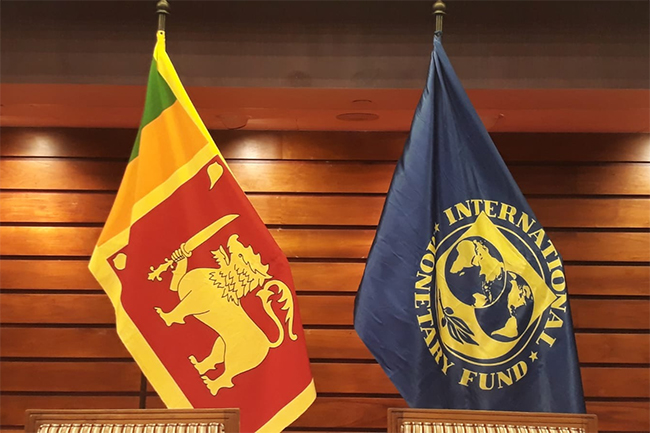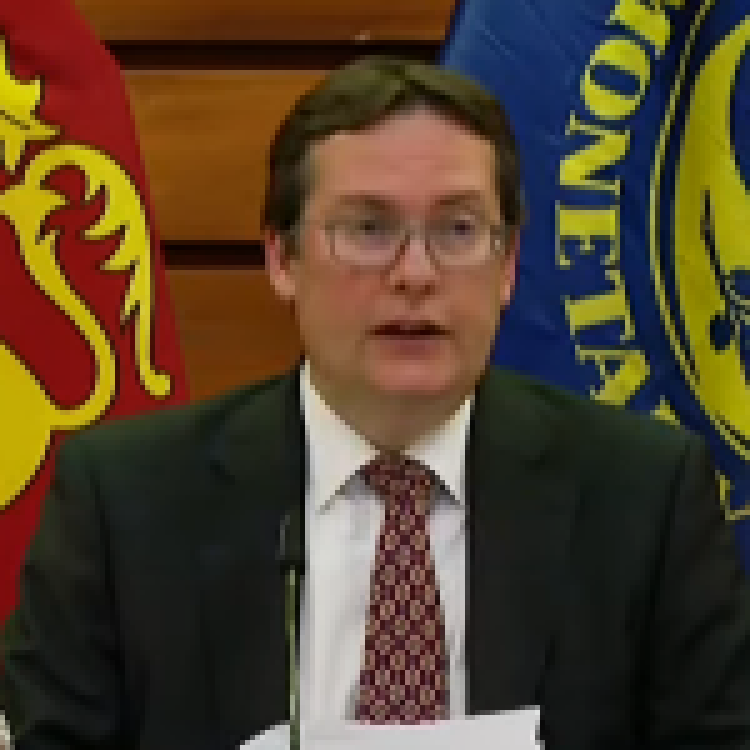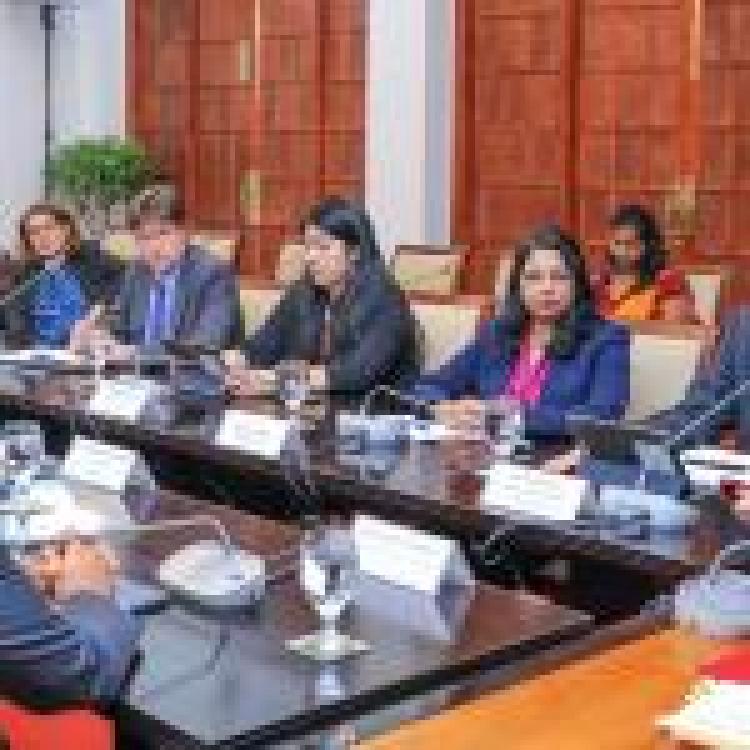
The International Monetary Fund has approved Sri Lanka’s program review allowing the disbursement of 330 million US dollars, while cautioning that Sri Lanka’s path to debt sustainability remains ‘knife-edged.’
“Despite these positive developments, the economy is still vulnerable and the path to debt sustainability remains knife-edged. Important vulnerabilities associated with the ongoing debt restructuring, revenue mobilisation, reserve accumulation, and banks’ ability to support the recovery continue to cloud the outlook,” said Kenji Okamura, Deputy Managing Director and Acting Chair.
The IMF also warned that inflation is expected to increase due to one-off factors temporarily. “Domestic risks could arise from waning reform momentum, especially on revenue mobilisation. External risks are associated with intensified regional conflicts, commodity price volatility, and a global slowdown. Slow progress in debt restructuring could widen financing gaps.”
While recommending several proposals, the IMF also called for further efforts to strengthen the anti-money laundering and counter-terrorism financing framework. Directors stressed that supporting governance and structural reforms, supported by development partners and IMF capacity development, is crucial to unlock growth potential.
The IMF mission stopped short of referring to concerns presented by civil society including the Human Rights Watch, which has called upon the IMF in a letter to stress to Sri Lanka the importance of civil society and to abandon legislation that would severely curtail their freedom.
The letter, published earlier this year, highlights that the IMF's recent Governance Diagnostic Assessment emphasised the indispensable role of civil society in addressing the causes of Sri Lanka's crisis, and also acknowledged that the Sri Lankan government sought to intimidate and silence independent voices.
“The IMF and other international partners supporting Sri Lanka’s economic recovery recognize that this crisis has its roots in misgovernance and corruption,” said Meenakshi Ganguly, deputy Asia director at Human Rights Watch. “If their efforts are to be successful, they need to stand firm against the government’s attempts to curtail fundamental civil and political rights.”
The full IMF report can be found here.


